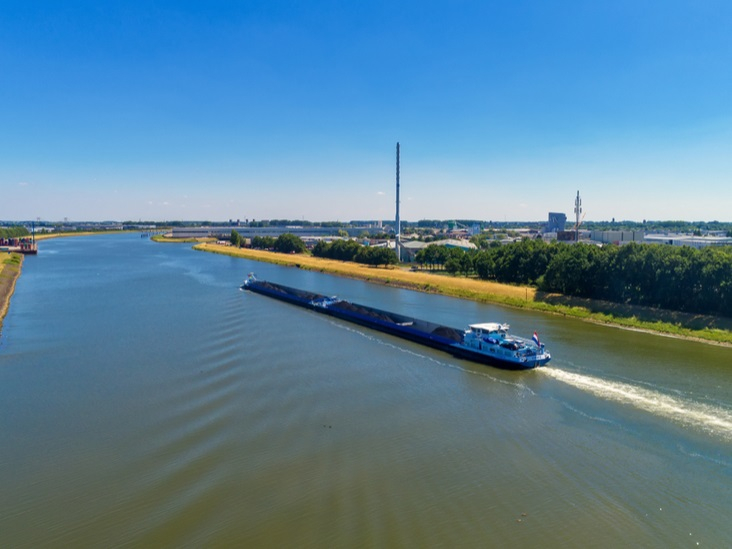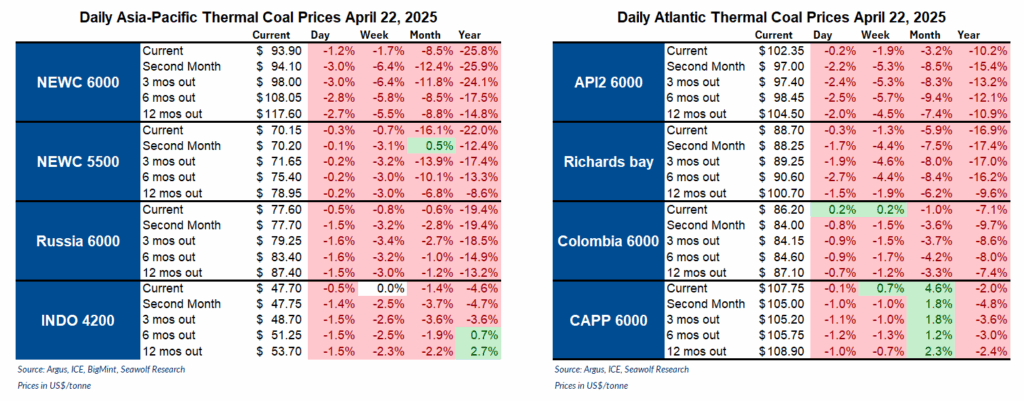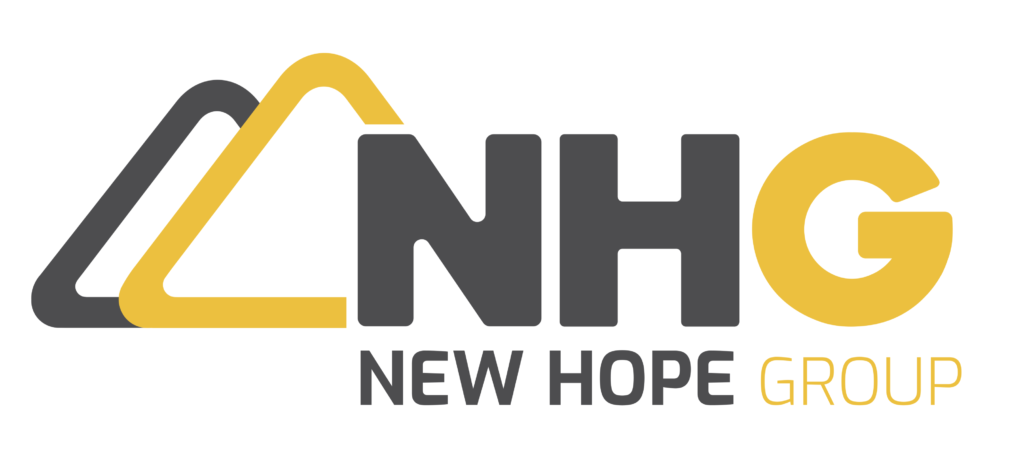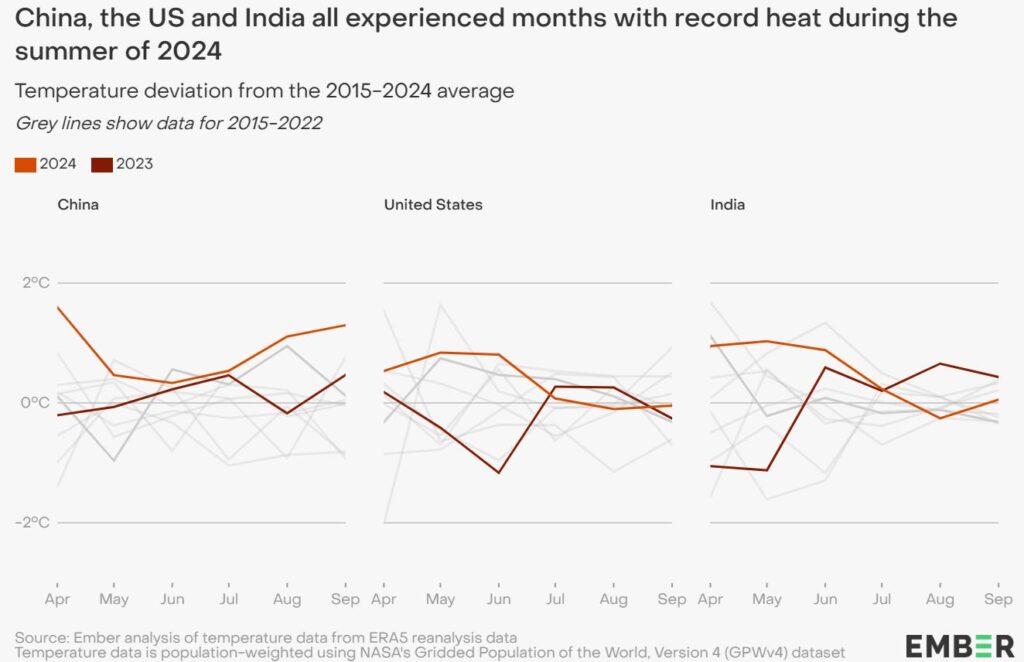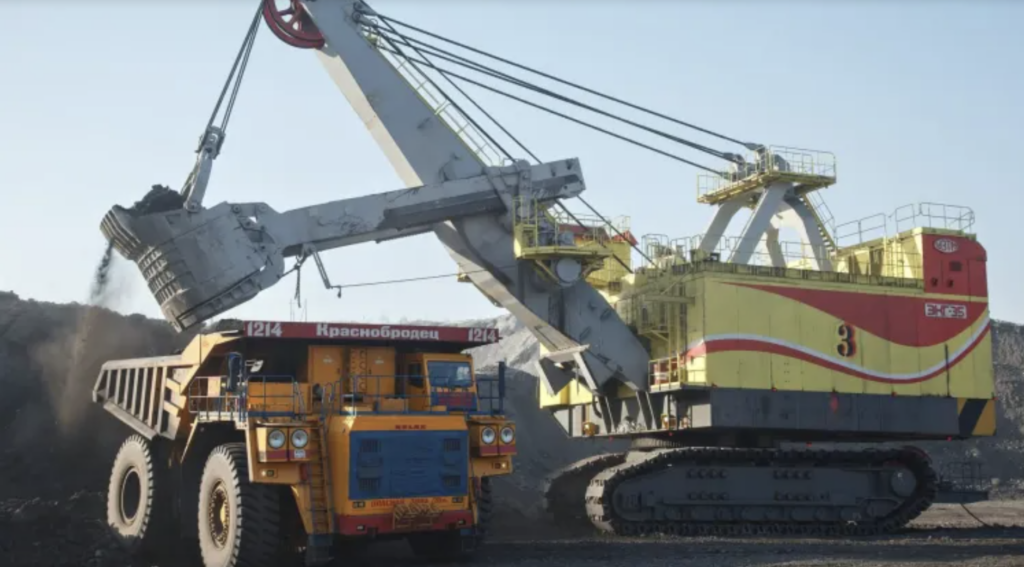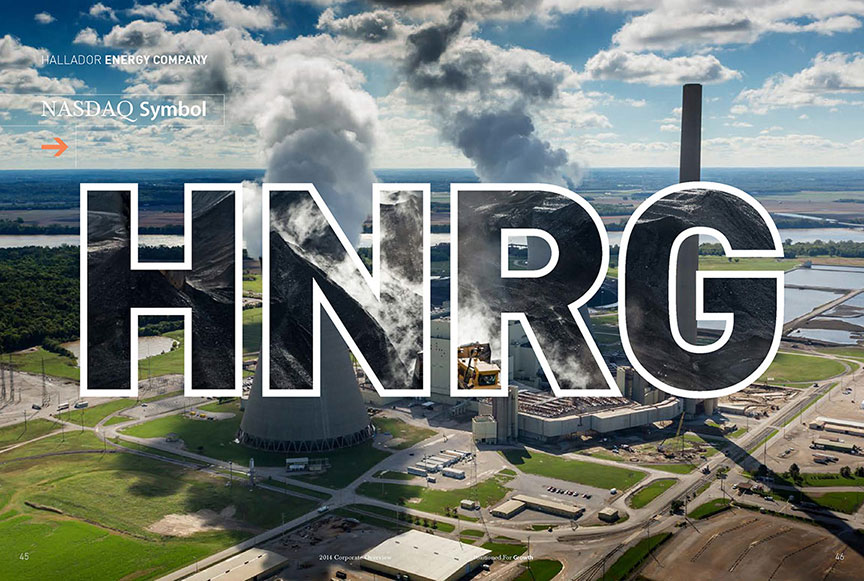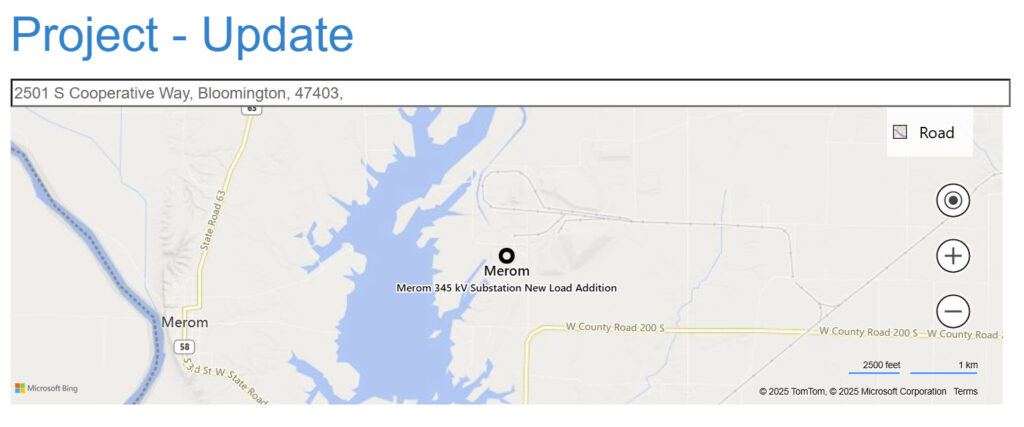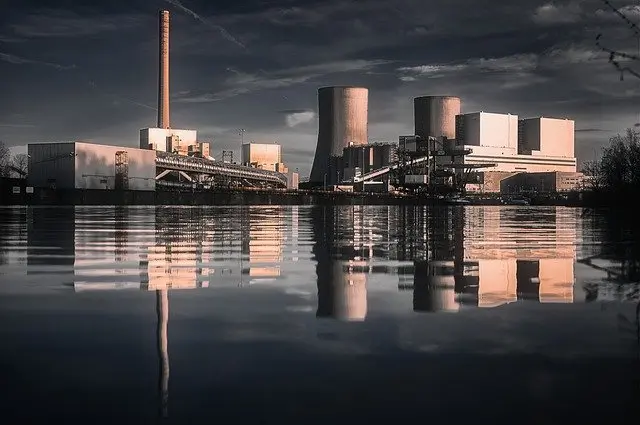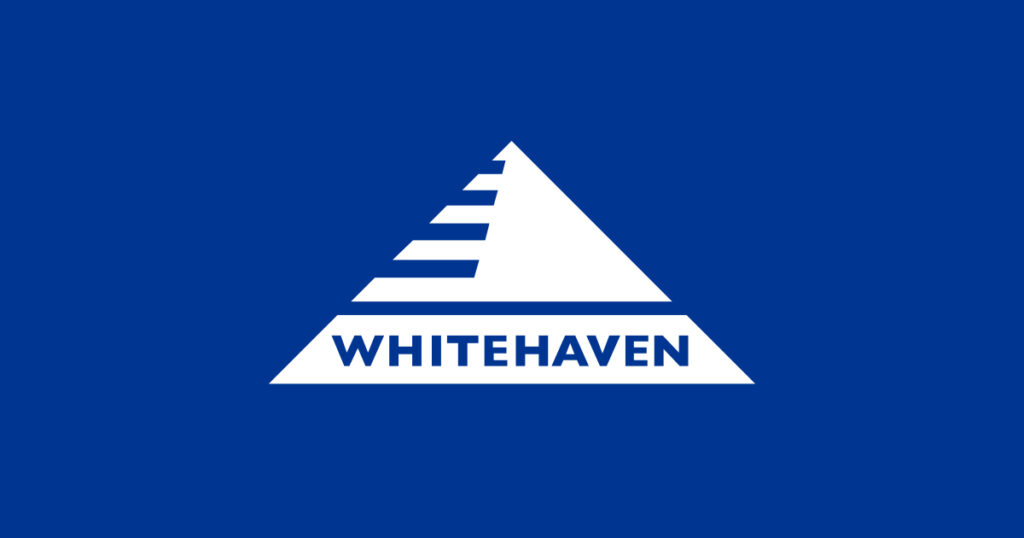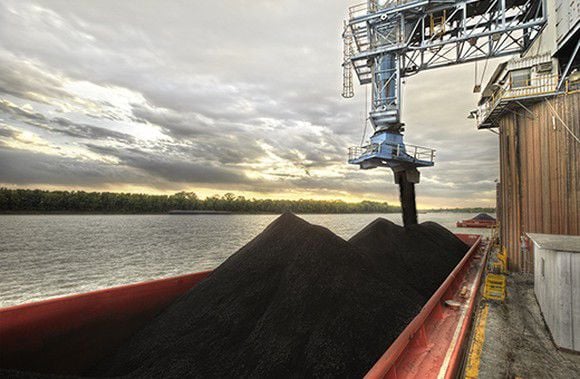Germany will have difficulty achieving its goal of an accelerated coal phase-out by 2030, even as it plans to ramp-up hydrogen-ready natural gas power plants, according to utility Uniper SE.
“It’s very tight. Six years is not a lot of time to build up that much capacity” to replace coal, Chief Executive Officer Michael Lewis told reporters in Düsseldorf, as the company released its annual report for last year.
Germany, Europe’s largest economy, was at the heart of the 2022 energy crisis that engulfed the continent, and it relied on coal to fill the gap after Russia restricted pipeline gas supplies. Since then, Berlin has raced to bolster its energy security, even while shutting its last nuclear plants and moving forward with plans to exit coal.
The government earlier this month presented a plan to finance as much a 10 gigawatts of gas-fired plants as coal is phased out. Although the country’s actual target date for the exit is 2038, Chancellor Olaf Scholz’s coalition is seeking to bring that forward by the end of this decade.
“We will see whether this is enough to shut down coal power plants by 2030,” Lewis said. Uniper, which is considering bidding for such projects, says at least double that capacity is needed.
The company — nationalized during the energy crisis — won’t close two units at its Scholven coal power plant this year as planned, as the energy regulator has ordered them to remain in reserve until 2031.
Uniper intends to phase out fossil fuels by 2040, and it sees carbon capture and storage playing an important role in that effort, Lewis said. The company is already part of a project in the UK to develop the technology. The German government on Monday presented a strategy for allowing CCS, marking a turnaround from its original stance.
Uniper posted record earnings last year, though that probably won’t be repeated in 2024 due to falling commodity prices, according to Chief Financial Officer Jutta Dönges. “The market environment and our results are normalizing,” she said Wednesday.
The company expects earnings before interest, taxes, depreciation and amortization — from now onward the key financial performance indicator — to be in the range of €1.5-2.2 billion ($1.62-2.4 billion) this year. It forecasts adjusted net income around $700 million to €1.1 billion, also lower than last year.
By: Petra Sorge

